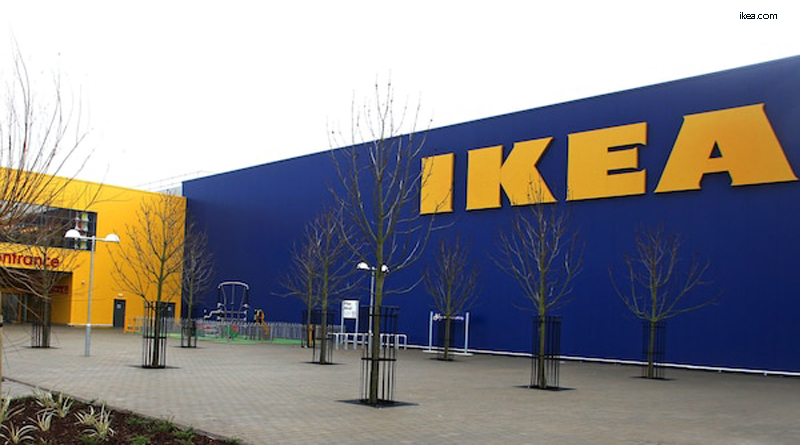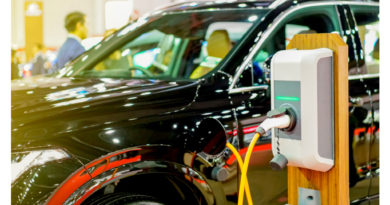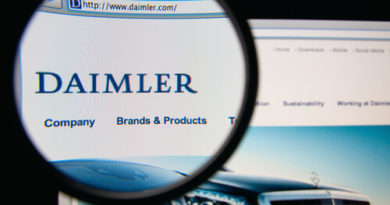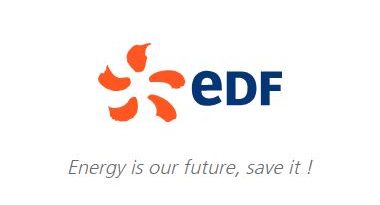IKEA Signs Agreement with Gayam Motors to procure Smart Autos
IKEA is working with Gayam through Gati, and now the EV manufacturer is the primary supplier of IKEA’s smaller vehicle segment for all its upcoming stores across India.

Swedish furniture maker IKEA, fresh from the rousing launch of their first store in India in Hyderabad last week, having witnessed record footfall inside the first weeks of operation has also been on the move to establish their delivery vehicles fleet. And now the company has come into an agreement with Hyderabad based Gayam Motor Works to provide their Smart Autos to fulfill the company’s small delivery vehicle segment.
IKEA has procured the smart autos through Gati, which is its logistics partner in Hyderabad. For IKEA, the move is part of its global compliance code of sustainability. After piloting with various electric vehicle makers across the country, IKEA is working with Gayam through Gati, and now the EV manufacturer is the primary supplier of IKEA’s smaller vehicle segment for all its upcoming stores across India.
“This is a huge validation for us. IKEA has started adopting electric vehicles all across the world and their sustainability teams are well informed. It is a huge encouragement for startups like us. We also hope that this will set an example for other corporates for adoption. If IKEA is adopting electric vehicles, then others should also start looking at this,” says Harsha Bavirisetty, COO, Gayam Motor Works.
Gayam Motors, which has a client list that includes the likes of Uber, BigBasket, Flipkart, Grofers, Gati, Govt. of AP and Telangana, said in a company statement that IKEA also plans on setting up charging and battery swapping infrastructure in its warehouses and wherever necessary so that not just its fleet, but other users of electric vehicles can benefit as well. However, the company has not disclosed the size of the initial order or any other specifics.
Gayam Motor Works (GMW), founded in 2012 by brothers Rahul and Raja Gayam, first came into the limelight when they became the first manufacturers of electric autos in the world which came with a battery swapping system. This ensures that as against spending several hours charging the vehicle, it can be easily swapped with another fully charged Li-Ion battery. Essel Infrastructure have also launched their key EV infrastructure project in Hyderabad recently, developing an EV charging infrastructure in the city with battery swapping stations. As against diesel rickshaws which have a running cost of ₹ 3.5/km, the Smart Auto has a running cost of only ₹0.50/km.
In a country where the EV revolution is looking increasingly likely to be led by small vehicles like two wheelers, three wheelers and finally pubic transport, these moves are strong indicators that the market is probably the best way to allow for EV adption, and not mandates from the government.




